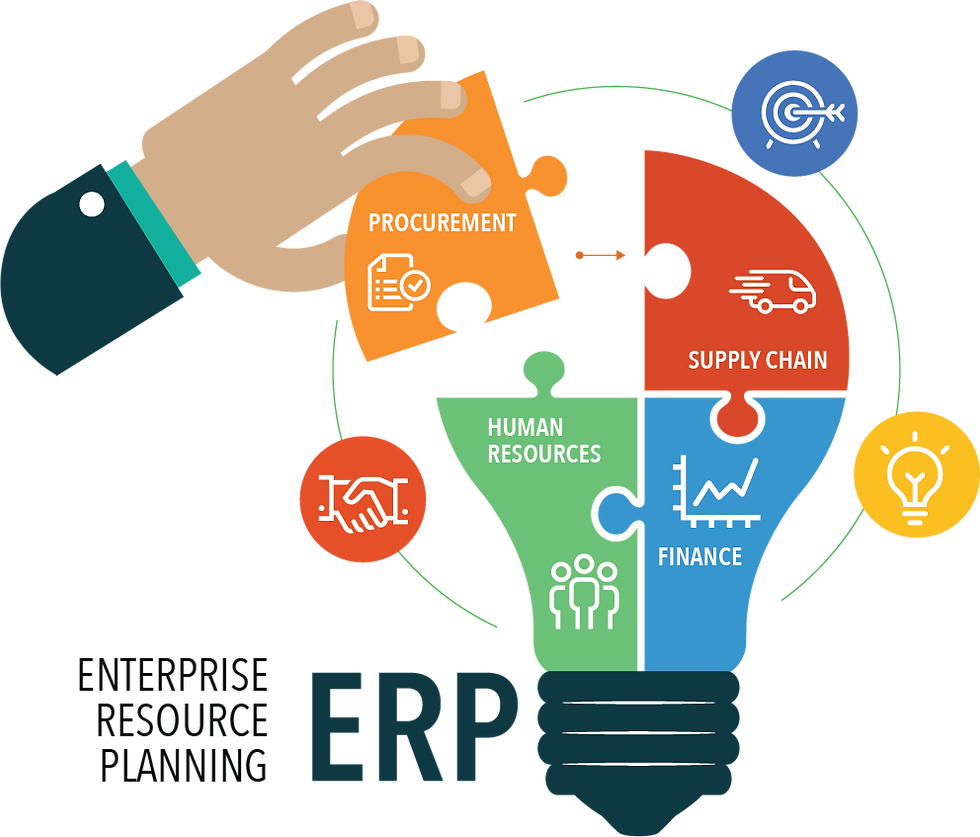Streamlining Library Operations: The Power of Library Management System Software in Handling Diverse
- solutionscakiweb
- Nov 17, 2023
- 2 min read
Libraries have long been custodians of knowledge, housing a diverse array of media types that include books, CDs, reports, equipment, and more. Managing these resources efficiently has traditionally been a complex task, requiring meticulous organization and attention to detail. However, with the advent of advanced technology, libraries have embraced sophisticated solutions like Library Management System (LMS) Software to streamline their operations and better handle this diverse range of media.
Understanding Library Management System Software
Library Management System Software is a robust digital solution designed to automate and simplify the various tasks involved in running a library. This software is equipped with a plethora of functionalities that aid librarians and administrators in cataloging, organizing, tracking, and managing different types of media within their collections.
Efficient Handling of Different Media Types
One of the standout features of LMS Software is its ability to efficiently handle a multitude of media formats. Here's how it caters to various types of media commonly found in libraries:
Books: The backbone of any library, books come in various genres, languages, and formats. LMS Software allows for comprehensive cataloging, categorization, and tracking of books, making it easier for patrons to find specific titles and aiding librarians in inventory management.
CDs and Audiovisual Materials: With the inclusion of CDs, DVDs, and other audiovisual materials in library collections, managing these diverse formats becomes crucial. LMS Software supports the categorization and organization of these items, providing searchable databases that help users locate relevant media swiftly.
Reports and Documents: Libraries often house reports, research papers, and various documents. The software allows for digitization, indexing, and archiving of these materials, ensuring easy access and retrieval when needed.
Equipment and Other Resources: Beyond traditional media, libraries might also lend equipment or other non-standard items. LMS Software facilitates tracking loaned equipment, managing due dates, and ensuring proper maintenance, contributing to efficient resource utilization.
Key Features Facilitating Diverse Media Management
Advanced Cataloging: The software provides a structured cataloging system that accommodates diverse metadata for each type of media, enabling precise categorization and searchability.
Customized Search and Retrieval: Patrons can easily search and retrieve items based on titles, authors, genres, or even specific media formats, enhancing user experience and accessibility.
Multi-format Support: LMS Software is adaptable, supporting multiple file formats, ensuring compatibility with various media types.
Loan Management: For items available for loan, the software facilitates efficient tracking of borrowing, returns, and renewals, minimizing overdue items and simplifying circulation management.
Analytics and Reporting: Administrators benefit from insights derived from software-generated reports, aiding in decision-making regarding collection development, resource allocation, and usage trends.
Conclusion
Library Management System Software serves as a technological cornerstone, empowering libraries to effectively handle books, CDs, reports, equipment, and more. By leveraging the capabilities of this software, libraries can streamline operations, enhance user experience, and maintain their role as invaluable repositories of knowledge in the digital age.




Comments